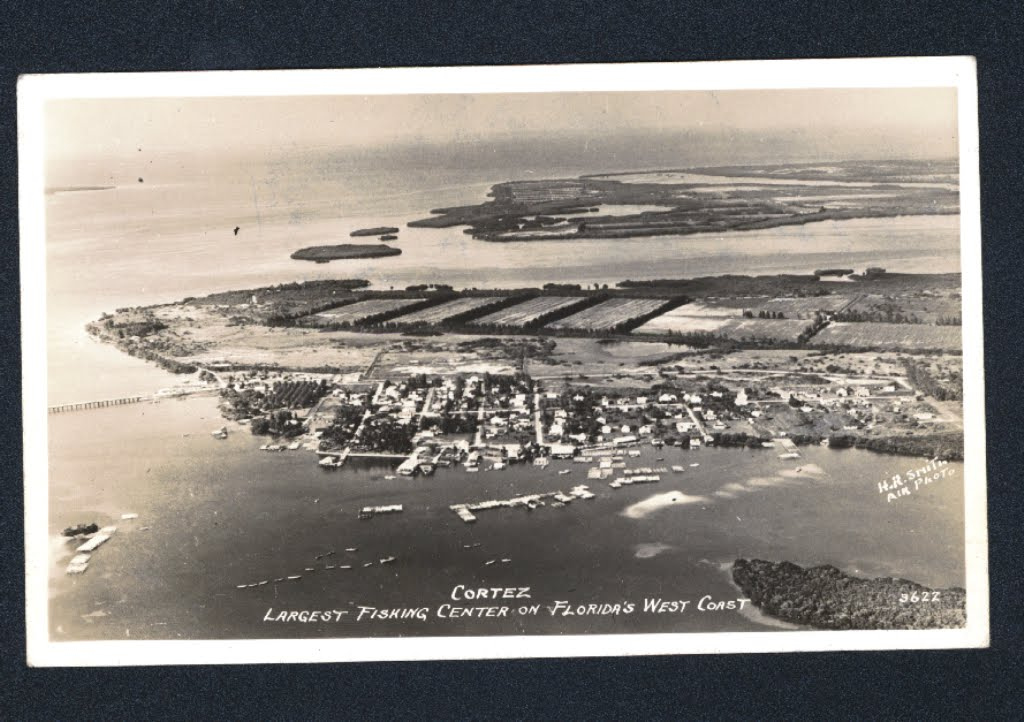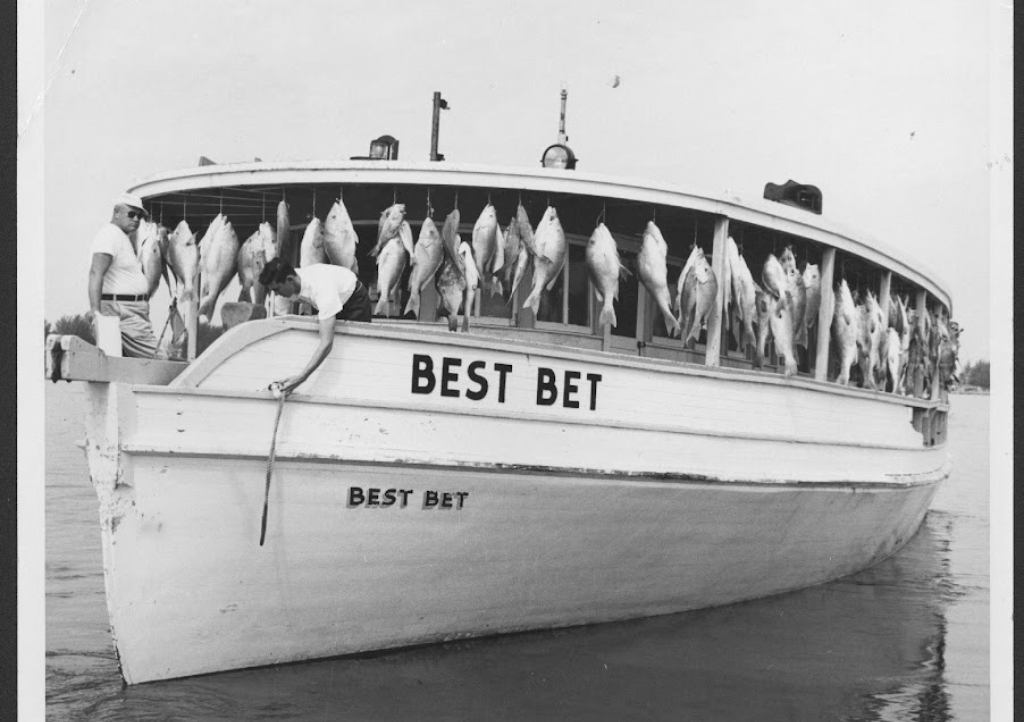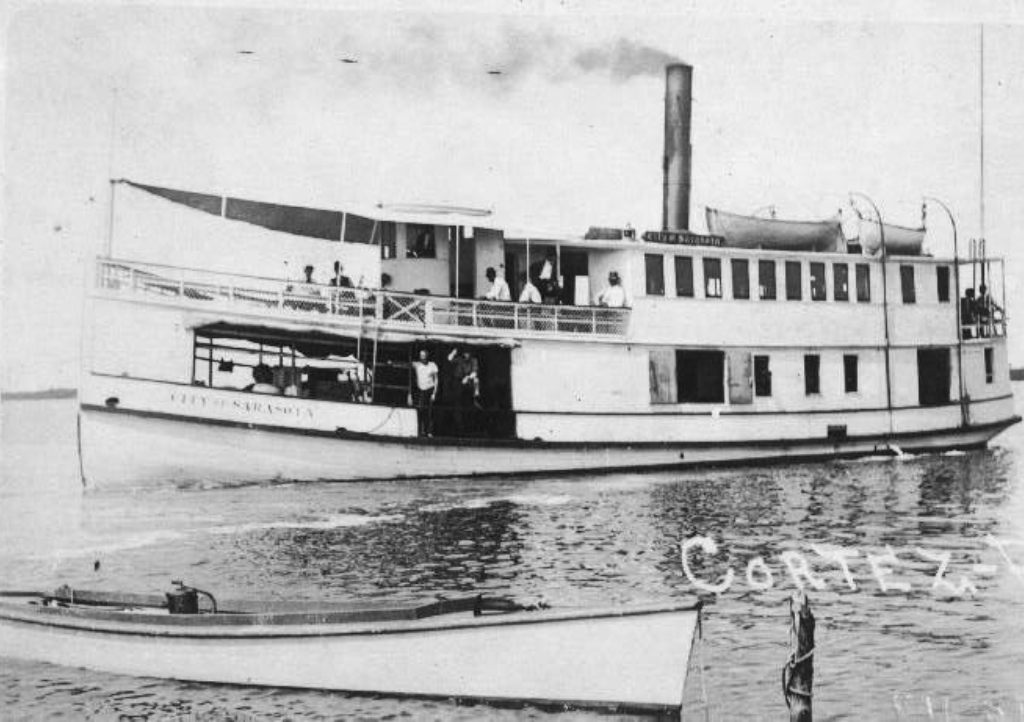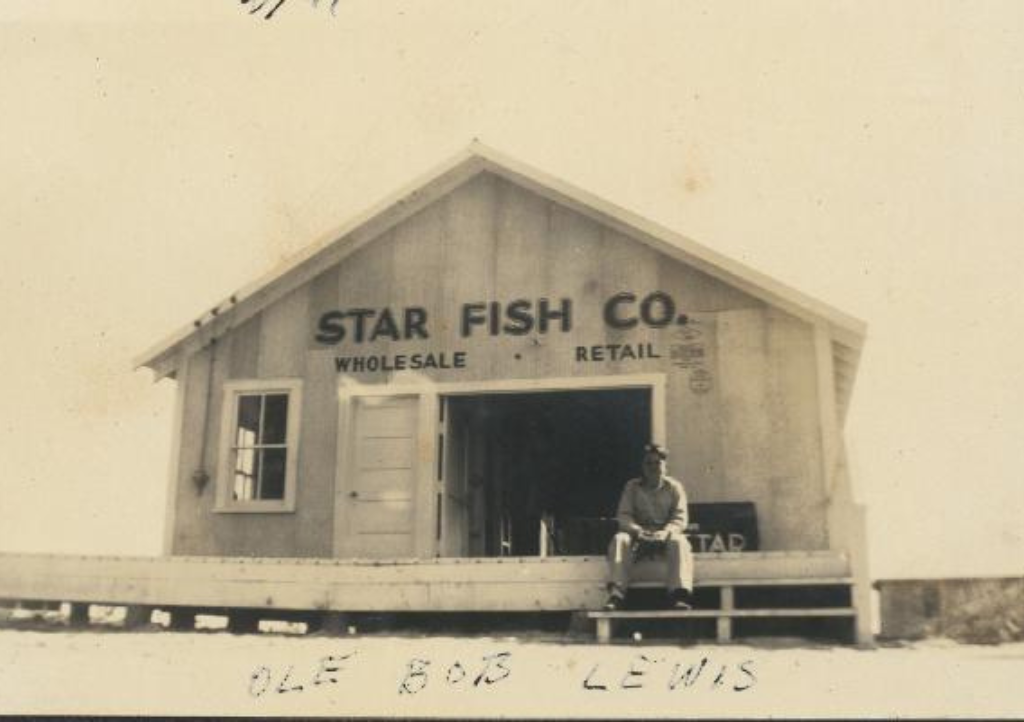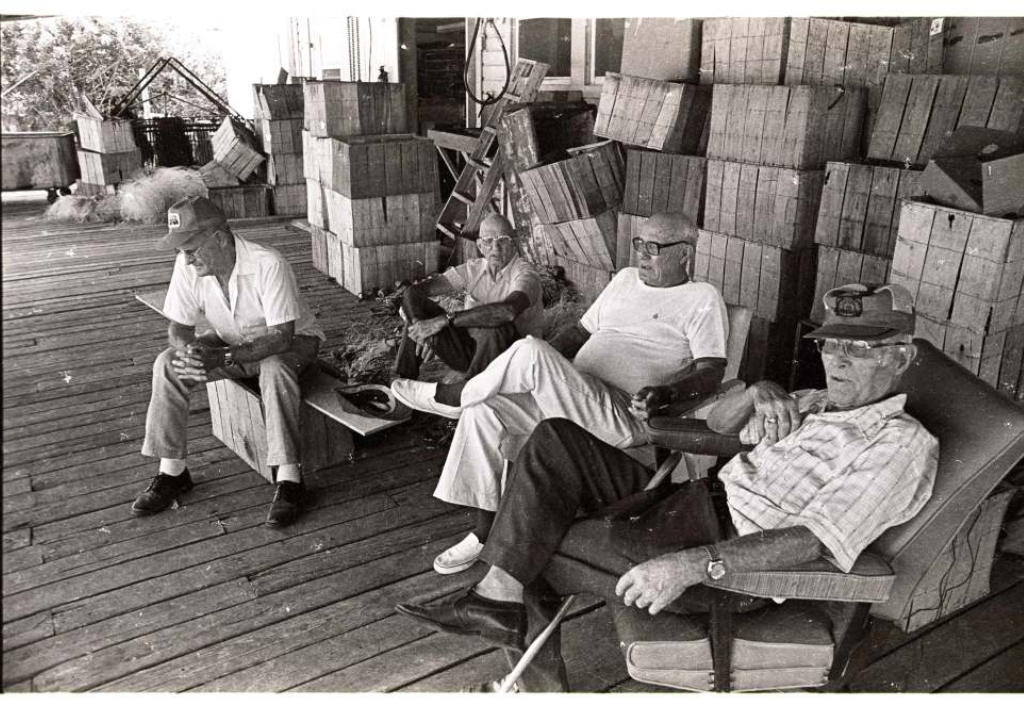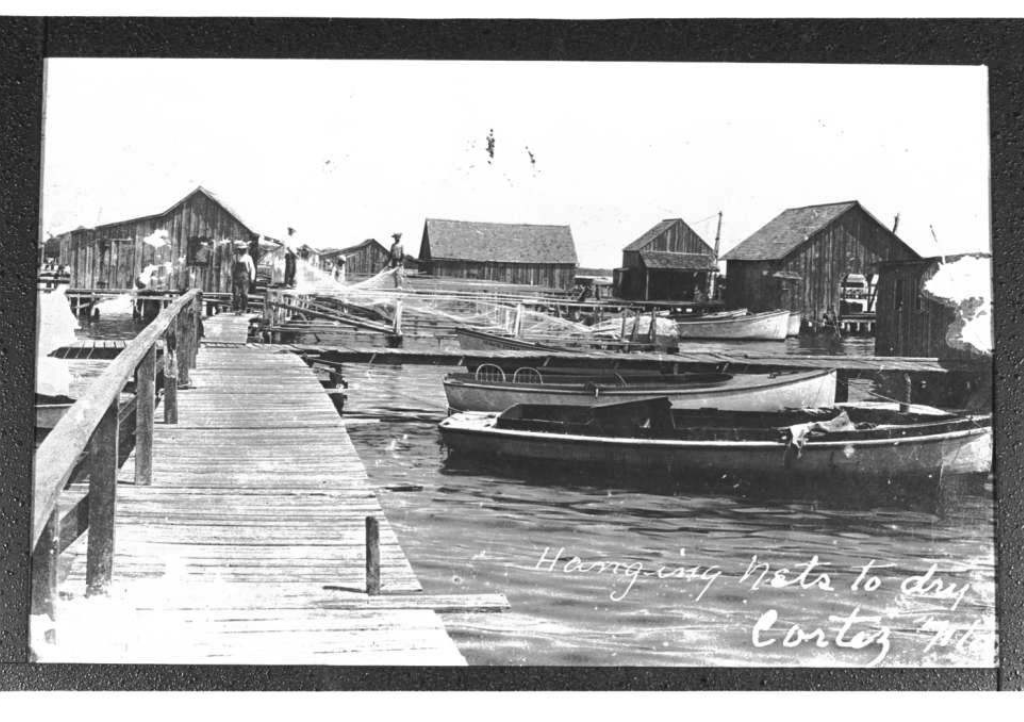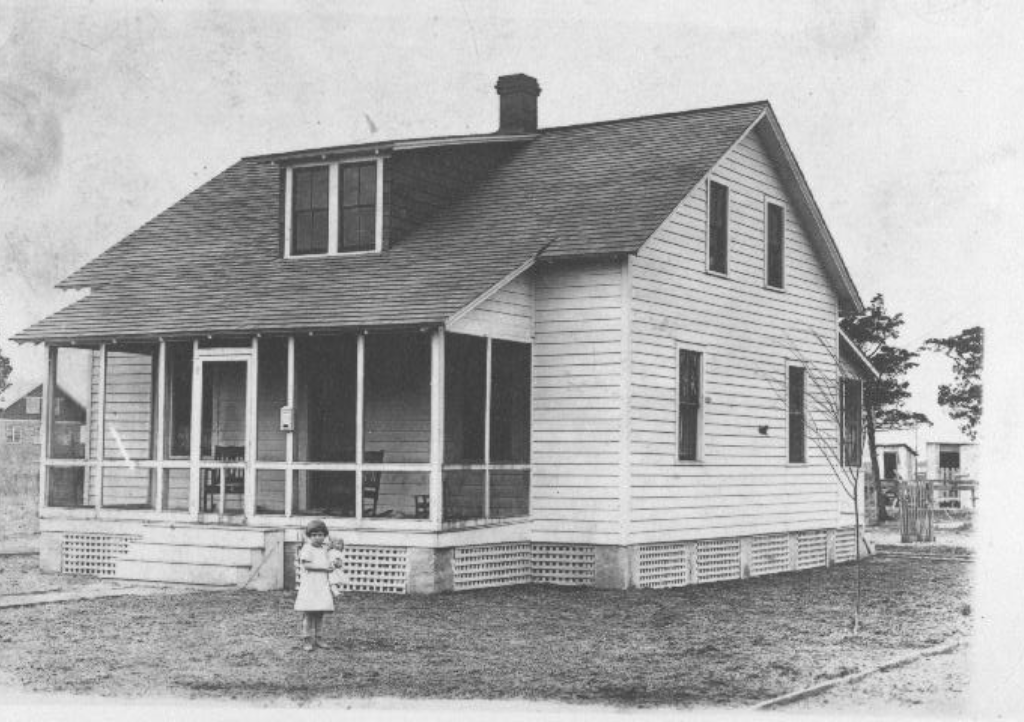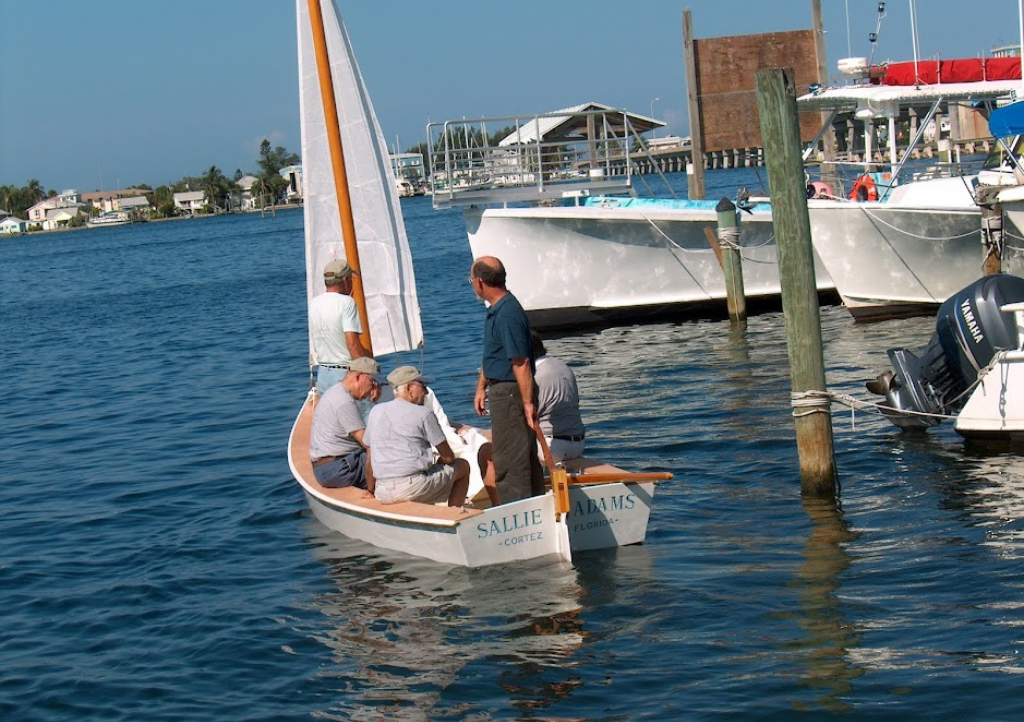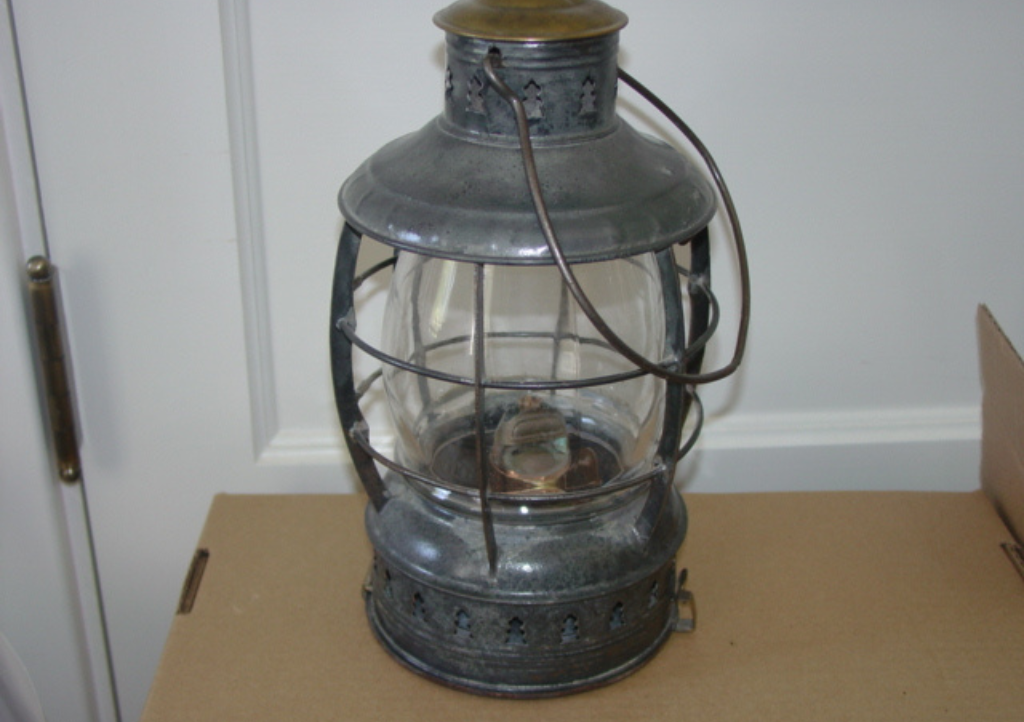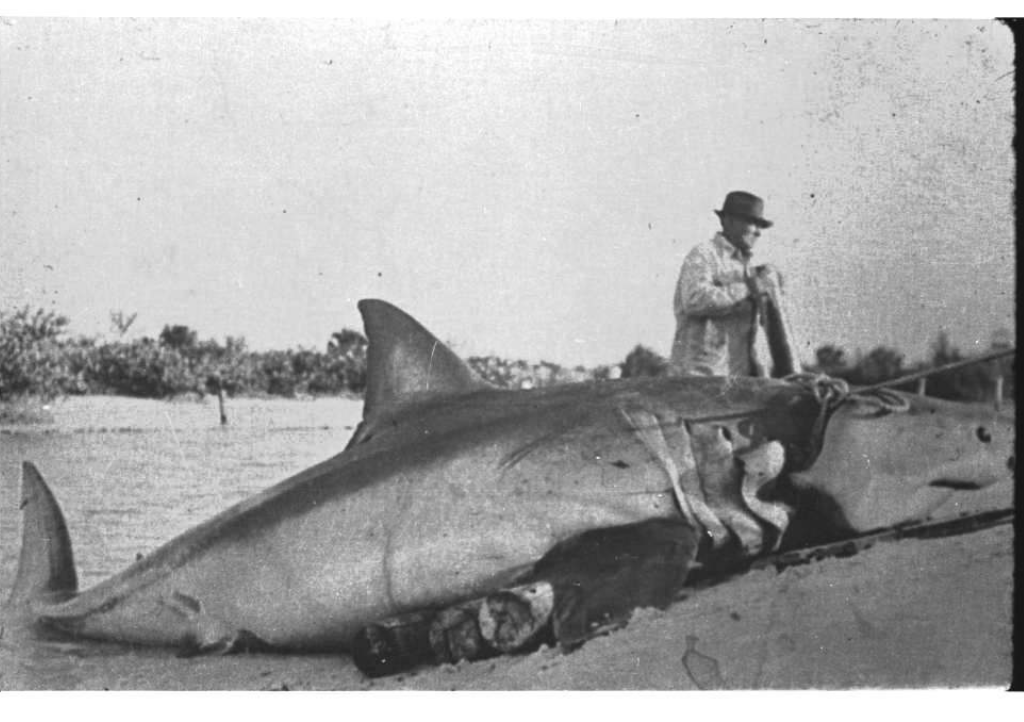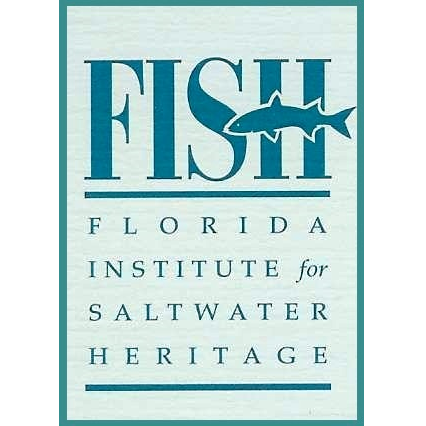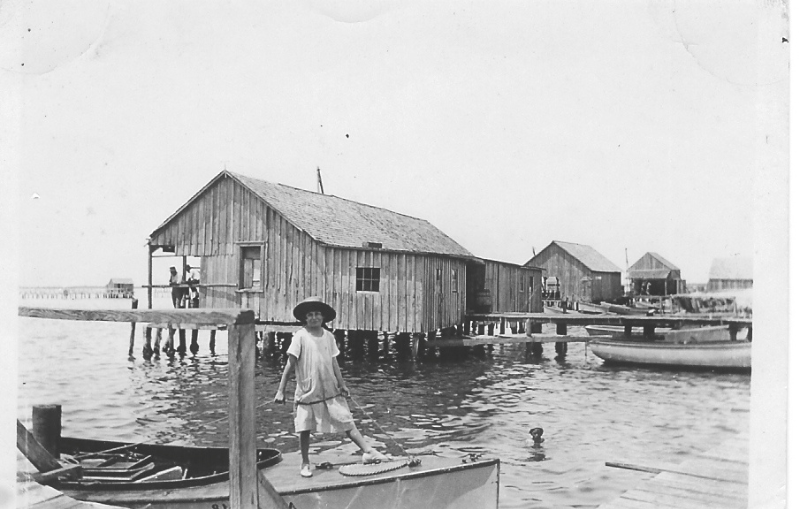
Cortez History
A sense of community, place and occupation link the residents of Cortez. Cortez is listed on the National Registrar of Historic places, but we hope fishing is as much a part of our future as our past. This families of Cortez Fishing Village have a long memory and a world view that is ecologically centered on the water that surrounds them.
History of FISH
As a smart fisherman will keep a weather eye on clouds on the distant horizon, the community pulled together when large scale waterfront development loomed. In 1991 they combined a cultural organization, the Cortez Village Historical Society (CVHS), and a commercial fishing organization, the Organized Fishermen of Florida (O.F.F) to form an activist organization known today as the Florida Institute for Saltwater Heritage (FISH).
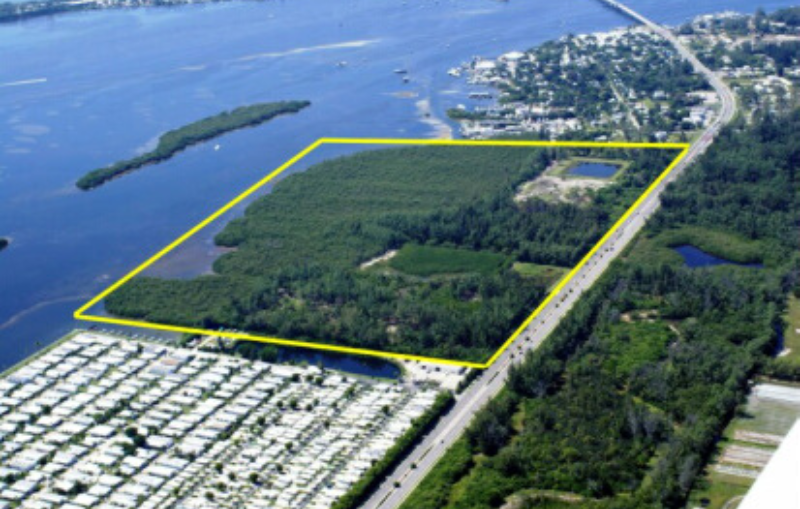
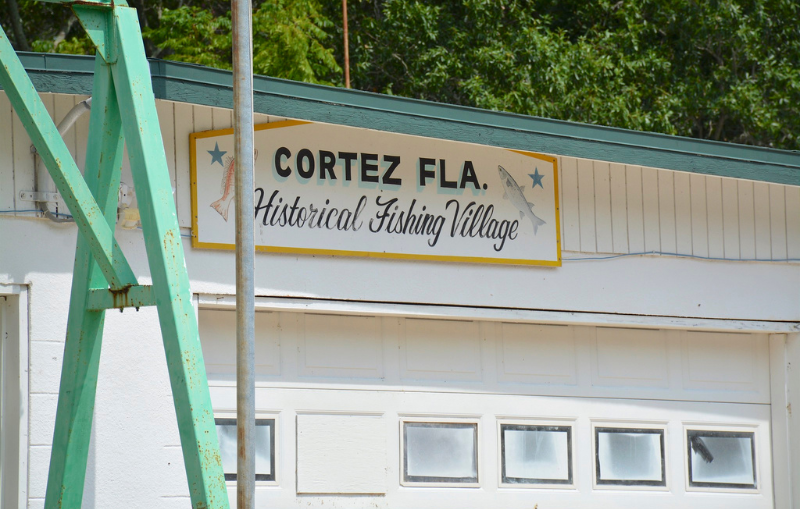
Not-For-Profit Organization
Our grassroots not for profit organization received its IRS 501(c)(3) status in May 1991 with a mission statement that commits it to preserving the character and heritage of Florida’s traditional waterfront communities as well as the natural environment that has nurtured people in fishing communities for thousands of years.
Working Waterfront
Traditional Gulf Coast fishing and maritime communities are under a great deal of pressure from diverse forces including foreign markets, legislation and regulations, environmental disturbances, and changes in land use that follow a disturbing pattern. Residential developers, the recreational fishing industry and promoters of tourism all seek the waterfront for purposes that are often hostile to the life-ways of Florida’s traditional working waterfronts. Cortez is one of only a few true working waterfronts remaining in our state.
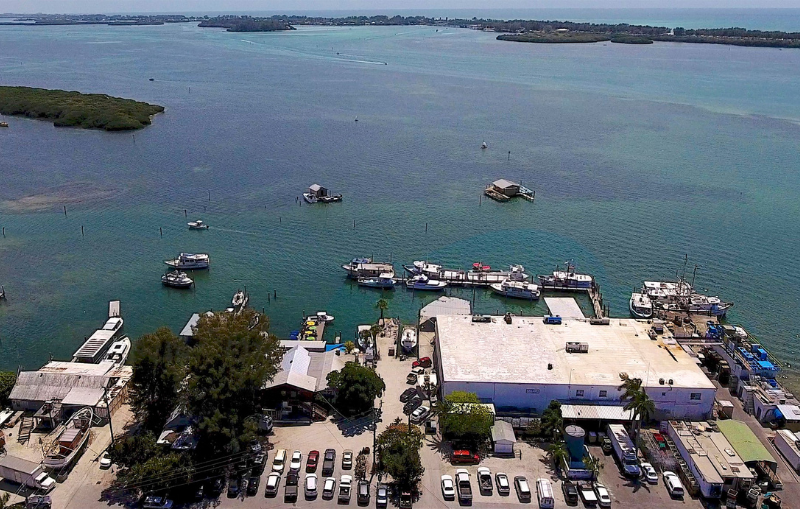
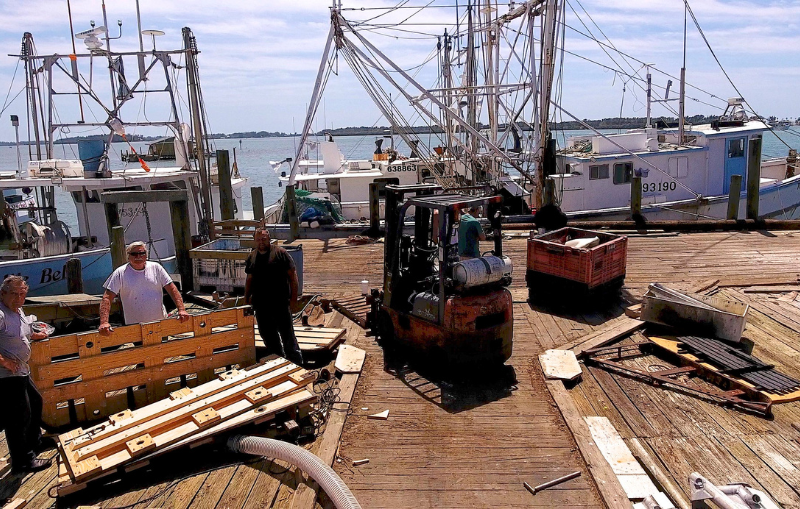
Cultural Integrity
Few of Florida’s traditional fishing villages have been able to retain their cultural integrity. Many have succumbed to developers, high fuel bills and high property taxes. Undisturbed natural habitat, fish houses, boatyards, marinas and other forms of public access that have coexisted for centuries are disappearing. The practice of evaluating waterfront land for the ‘highest and best use’ higher tax base have left most waterborne businesses with little choice but to sell out to residential or commercial development, regardless of lost jobs and a negatively impacted quality of life. The FISH mission fights to preserve our commercial fishing heritage and working waterfront communities, as well as the environment upon which these depend.
View Our Photo Archive
